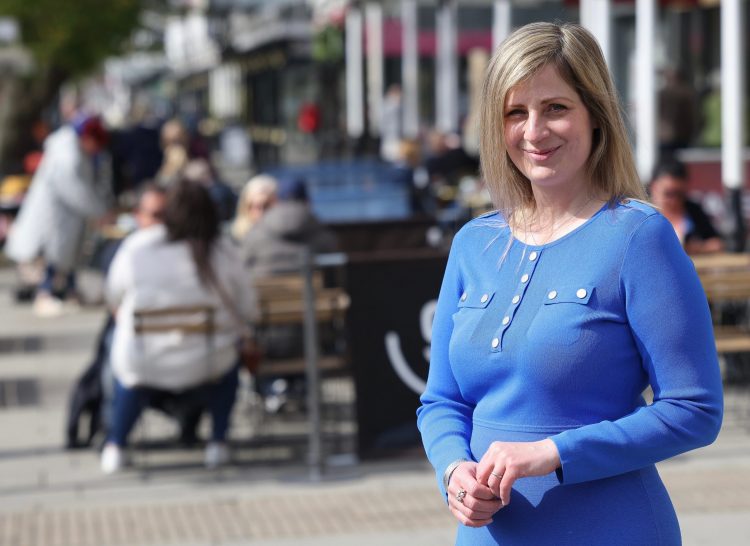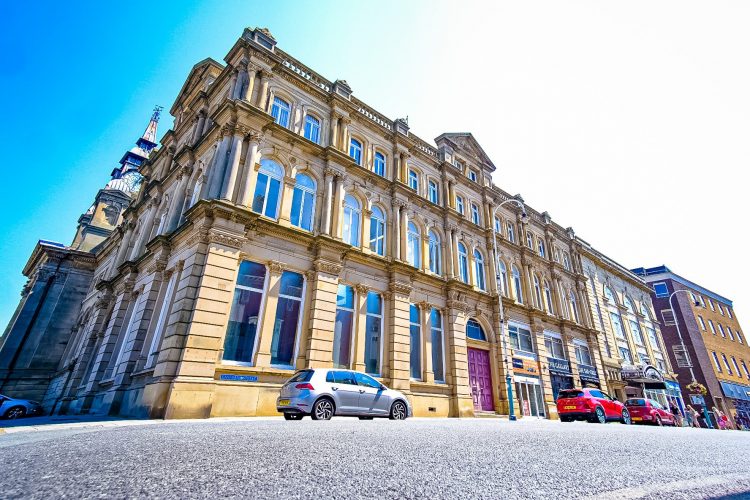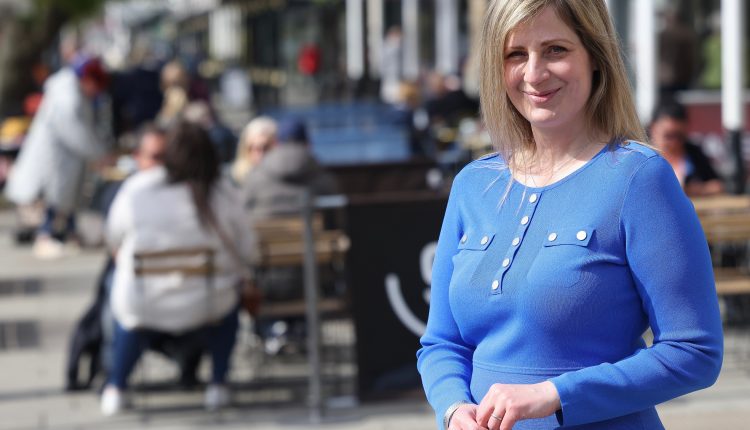BIDs can help turbo-charge ‘Levelling Up’
Writing for LBN, Southport BID chief executive Rachel Fitzgerald says Business Improvement Districts across the north can help lead the ‘Levelling Up’ agenda

It is almost three years since I joined Southport BID as chief executive and it wasn’t long before I began to appreciate what a force for change it could be.
It was in Toronto in Canada in 1970 that the first Business Improvement District (BID) was formed. Then the idea spread across the border into the US. It wasn’t until 2004 that BIDs arrived in the UK thanks to the Local Government Act 2003.
BIDs are organisations set up in a town, or designated area in a city, funded by an additional levy by local businesses. In order for a BID to be formed a majority of the businesses within the designated zone have to vote in favour of it.
A big part of its role is to use the levy to pay for and add extra value to the services traditionally offered by local authorities. These often include street cleaning, security for shops and other local businesses, marketing and enhancing the street scheme and public realm. It is a concept that has more recently been described as ‘placemaking’.
These are vitally important services but it has become increasingly clear to me that BIDs can be so much more.
Southport is a wonderful town with fascinating origins. It was Churchtown innkeeper William Sutton who first put Southport on the map when he built a bathing house here in 1792.
Our town prospered during the Industrial Revolution. The rapid growth of the railways, and the Leeds-Liverpool Canal, offered working class people the opportunity to flock to the seaside in their thousands for the first time.
Since then, leisure and tourism have formed the bedrock of our economy. But even before the COVID-19 pandemic, which had a devastating impact on businesses in Southport, it was becoming clear that if it was to prosper in the future it would have to diversify.
So from my early days I decided it would be my mission to bring people from across Southport, and beyond, together to start working on a new narrative for our town. BIDs are business-led and so often it is the entrepreneurs who are the engines of change.
Over the past three years, despite the difficulties posed by the pandemic, we have succeeded in establishing a new era of collaboration. We have brought together businesses, Sefton Council, the Combined Authority, Southport College and leading academics and kick-started a new conversation.
Our retail and leisure businesses are fantastic and we have also looked to highlight the work of local companies people wouldn’t normally associate with the town. There are world class manufacturers and thriving professional services firms right here in Southport. We also have cutting-edge digital ventures.
And it is in the digital sphere where I think we need to push hardest. Digital technology plays a central role in our lives in a myriad of ways. For most businesses, investing in digital innovation is no longer optional.
Southport needs to be fully plugged in to what is called the Fourth Industrial Revolution. Our businesses and homes need broadband access that is superfast and reliable. And the answer lies right under our feet.
The Hibernia Express is a 2,800-mile long fibre-optic cable that connects North America and the UK – and it is one of two that comes ashore right here in Southport.
It is recognised as the fastest cable coming into the UK, sending data back and forth across the Atlantic in milliseconds. If we can tap into that cable, imagine the possibilities that would open up for Southport.
Southport BID is in discussions with LCR Connect over making sure our town is fully included in the £30m LCR Connect project. This is a joint venture between the CA, ITS Technology Group and NGE to deliver broadband speeds of 1,000mbps by 2025.
I have also been working with key individuals to see how we can turn Southport into a thriving digital hub. They include Alex Moretti, co-founder of VR games developer Fallen Planet and leading academic Dr Eric Lybeck.
Dr Lybeck is a Presidential Fellow at the Manchester Institute of Education. He is now working with us to look at ways of growing sectors such as digital in the town and creating new hubs where people can collaborate and innovate. This will help us tackle the issue of ‘youth flight’ and give young people more of a reason to stay in Southport.

I am also proud of the contribution we have made to making the new £1.5m Enterprise Arcade a reality. Located in Crown Buildings in Southport town centre, the facility will be a 15,000 sq ft hub for individuals, freelancers, enterprises, and independent digital sector professionals. It is likely to be operated by Baltic Creative which has been so successful in Liverpool.
Southport secured £37.5m from the Government’s Town Deal fund. That is already being put to good use. Sefton Council is pressing ahead with plans to build a new events and convention centre at Marine Lake.
This is all good news for Southport but it is only the start. Regeneration is not a one-off event. It needs to be constant and ongoing. Southport needs to continually grow and evolve.
BID represents hundreds of businesses in the town. We have a voice and we intend to use it. There is much we can do as BIDs on the ground but we can also use that voice to make ourselves heard by the decision-makers at borough, city region and Government level.
Lobbying those in power has to become an increasingly important part of the job we do. Key to the Levelling Up process is information on what is needed on the ground. BIDs can offer evidence-based ideas on how to grow our local economies. We are armed with data, both quantitative and qualitative, and we intend to use that to make our case.
What we have demonstrated at the BID over the past couple of years is the power of collaboration and bringing people, businesses and organisations together. That is how we create a new narrative for Southport and write the next chapter in its history.

